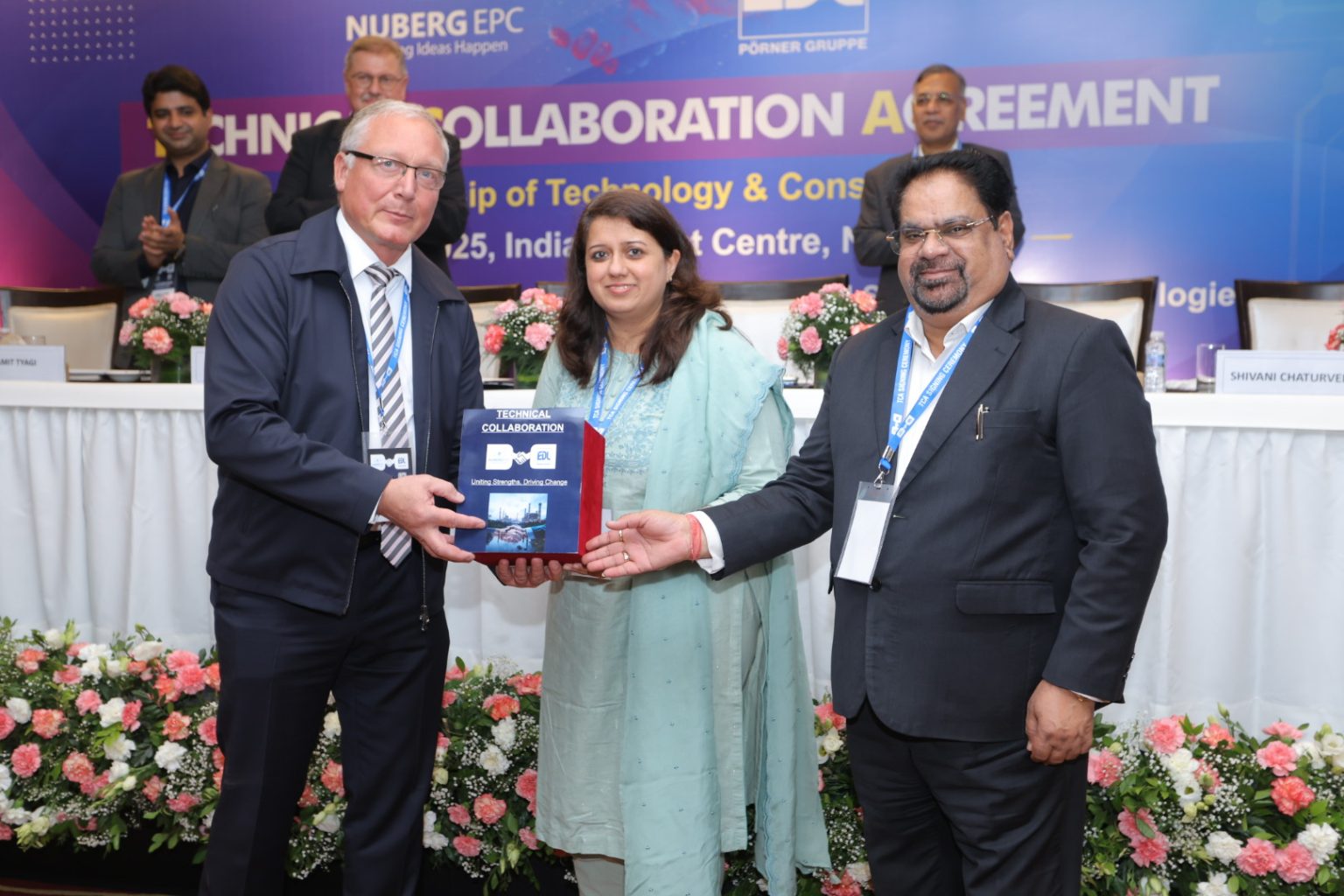The recent technical collaboration agreement (TCA) between India’s Nuberg EPC and Germany’s EDL Anlagenbau Gesellschaft mbH—a Pörner Group company—signals a bid to redefine how refineries can simultaneously lower emissions and extract more value from the bottom of the barrel.
The strategic Indo-German alliance aims to develop and commercialize sustainable process technologies across a wide array of industries: fuel oil and lube oil refineries, petrochemicals, green hydrogen, and its derivatives such as green ammonia, methanol, and sustainable aviation fuels (SAF). But at its core, the partnership will be tested on its ability to deliver quantifiable returns—environmental and economic—in refinery decarbonization.
One of the most data-critical elements of the agreement is the joint emphasis on residual product upgrading. Residuum processing has long been the economic weak point of traditional refineries. Technologies like solvent deasphalting (SDA), lube cut extraction for TDAE/TRAE, dewaxing, and re-refining of used oil offer pathways to improve both yield and sustainability metrics. Yet, industry adoption remains uneven, particularly in developing markets.
Bottom-of-the-barrel processing technologies, when optimized, can lift product recovery by over 10% in certain configurations, according to process engineering studies. But capital expenditure and integration challenges have made widespread adoption elusive. Nuberg’s execution capabilities and cost-efficient delivery models could tilt this equation—especially if pilot deployments in India demonstrate replicability at scale.
What distinguishes this collaboration is the bidirectional transfer of expertise. EDL brings advanced process design from Europe’s innovation-heavy engineering sector, while Nuberg contributes executional fluency in complex EPC projects across the Middle East, Asia, and Africa. This offers a route to de-risk technology localization in India, where refinery and chemical sectors are under growing regulatory and investor pressure to decarbonize.
India’s refining sector, the third-largest globally by capacity, currently operates with a crude throughput of over 250 million tonnes per annum. Yet, less than 10% of installed capacity incorporates advanced residue upgrading, and hydrogen use remains overwhelmingly grey. Policy momentum, such as India’s National Green Hydrogen Mission and biofuel blending mandates, is creating windows of opportunity—but execution capacity remains a bottleneck.
Beyond technology and infrastructure, the agreement acknowledges the human capital deficit in implementing next-gen process technologies. By embedding targeted training programs into the collaboration, Nuberg and EDL aim to build a deployment-ready workforce capable of managing integrated hydrogen and residue processing facilities. This could serve as a model for other countries with large refining footprints but limited exposure to advanced sustainable engineering.
Stay updated on the latest in energy! Follow us on LinkedIn, Facebook, and X for real-time news and insights. Don’t miss out on exclusive interviews and webinars—subscribe to our YouTube channel today! Join our community and be part of the conversation shaping the future of energy.
